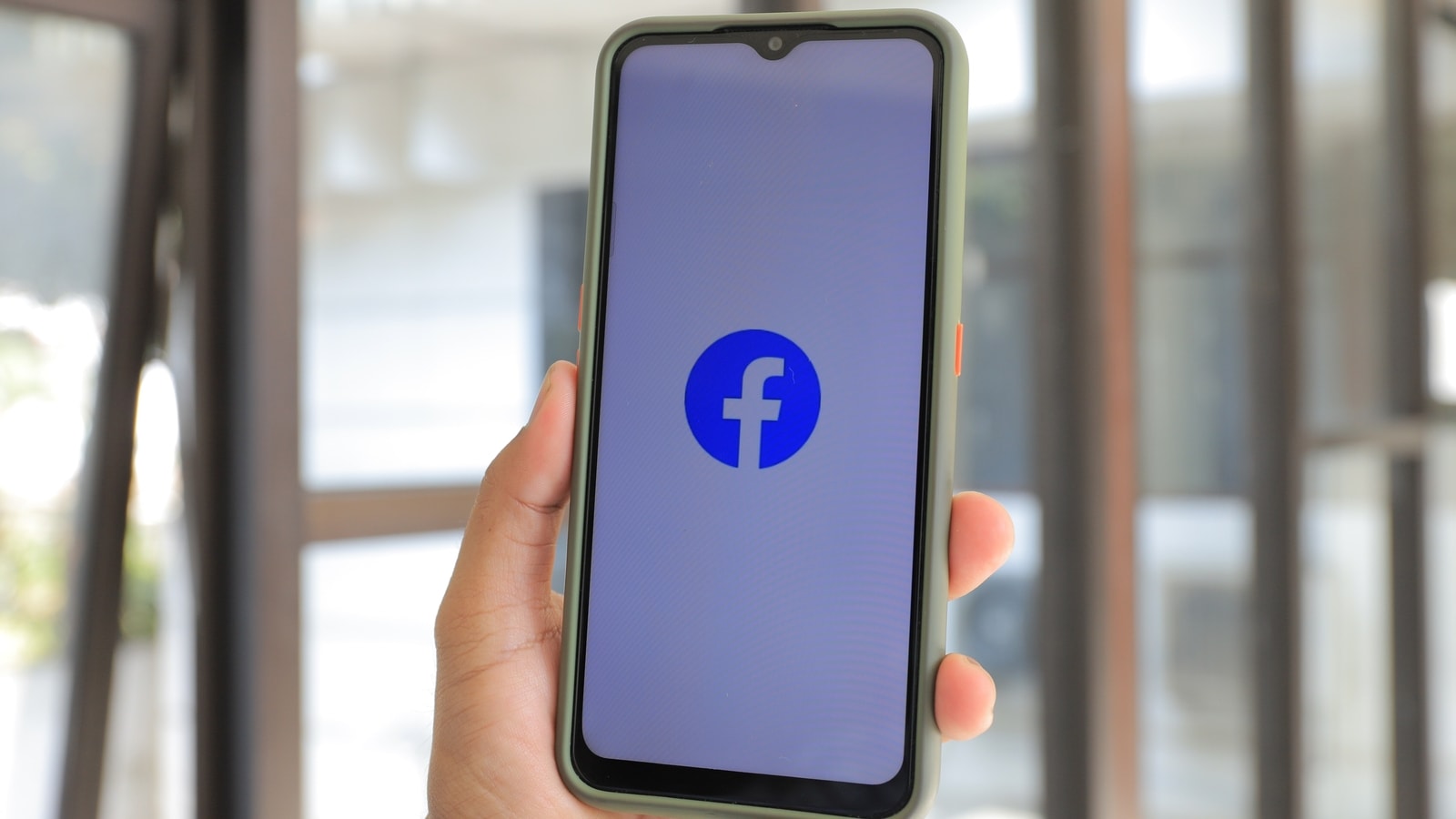No News in Facebook Feeds Is Good News for Meta
The company has no obligation to prop up the business models of a struggling industry, but it still has a role to play in keeping citizens adequately informed.

Several years ago, I was invited to a peculiar meeting involving Facebook and about a dozen or so London-based technology journalists. It was in the earliest days of the company's efforts to court high-quality news content, hoping that topical posts would drive engagement.
The goal of the meeting was to persuade us to post more content directly to the platform rather than just on the websites of our respective news organizations. Kindly enough, Facebook had created some tools for doing just that and promised its algorithm would grant us a worthwhile audience. It was total nonstarter, obviously — our news organizations paid our wages; Facebook didn't.
So some years later, Facebook decided to pay our wages, too. It shoveled money at news organizations so they could hire workers and create bespoke video to go on Facebook. Cash-strapped newsrooms were all too happy to take Silicon Valley money. But that didn't work either — the content, by and large, wasn't all that compelling (I'm allowed to say that because I was involved in making some of it). Another intiative, a format for helping news articles load more quickly on Facebook, was also abandoned eventually.
This was the peak of Facebook's attempts to woo the news business. Today, it wants little to do with it. As noted by Axios, referrals from the Facebook app to news sites have plummeted because articles are no longer receiving any algorithmic support. Meta Platforms Inc. — as the company is known now — has discontinued the special tab on Facebook for news content in the US, UK and elsewhere, and the company openly said it wouldn't prioritize news on Threads, its new competitor to X, formerly known as Twitter.
In Canada, things are even more extreme: In August, Meta began blocking links to news content across the board in protest against an absurd law that demands the company pay for the privilege of sending traffic to news websites. Meta warned it would take similar steps in California if similar legislation is put into force. Legislators seem emboldened by what happened in Australia, where Meta backtracked on threats to block news because of a new law. Instead, it made deals directly with publishers, fending off the government clampdown. The Canadian law doesn't offer a similar middle ground; California's likely wouldn't either.
These laws are the final straw for a company whose relationship with the news business has slowly unraveled over the past few years. Beginning with the fallout from the election of Donald Trump as president, promoting the news became more trouble for Facebook than it was worth —though it's only now that it dares say it out loud. Turning its back on news during the Trump years would have been seen as giving up on the truth. Meta was trapped in a cycle: With legitimate news came fake news. With fake news came the need to moderate. And with the need to moderate came the accusations of bias. Depending on whom you asked, Facebook was either censoring or pandering to the right. A Trending Topics team brought the company into disrepute and was eventually disbanded. Congress vented its fury.
All the while, there was a nagging thought inside the head of Chief Executive Officer Mark Zuckerberg. News content is just a tiny fraction of what people share on Facebook, and whenever the company asked users what they thought of news, they said they wanted less of it in their feeds.
So now Meta has decided it's had enough. It's not that news isn't allowed — Canada excluded — but that Meta doesn't feel it's in its interests to support news organizations the way it once did. In Zuckerberg's “year of efficiency,” spending money on nurturing news is not money well spent. The company feels it has obligation to prop up the business models of a struggling industry.
Now, news organizations are noticing what they have lost. According to data from Similarweb, reported by DigiDay, traffic from Facebook to sites like the Sun, Business Insider and the Guardian has dropped by around 80% year over year — a devastating drop. Already, publications in Canada are realizing what was patently obvious — news outlets need Facebook traffic far more than Facebook needs news content. Meta can't be strong-armed into paying more for something it barely wanted to tolerate in the first place. It certainly shouldn't be forced to subsidize news organizations through ill-considered laws.
But there is without question an urgent problem to be solved. The transfer of advertising revenue from media companies to tech giants has brought about a collapse in reliable news sources. Cities across America have gone from having two or even three newspapers to none at all; formerly watchful eyes over City Hall now shut. The fact these laws seem so haphazard is an indication of the dire circumstances. “It's almost like saying: Where do we get the emergency funds from to stop the news industry completely collapsing and disappearing?” said Emily Bell, director of the Tow Center for Digital Journalism at Columbia University. Legislators and tech companies need to find frameworks that aren't blunt instruments that disincentivize platforms from making sure trustworthy news goes as far and wide as possible.
Above all, Meta's latest stance is bad news for those who think it's critically important to have an informed citizenry. It's beyond dispute that Facebook and Instagram are two vital platforms when it comes to average people discovering important things happening in the world around them. When people say the important news will always find them, it's likely social media doing that work. In that, Meta can be more ally than enemy.
Dave Lee is Bloomberg Opinion's US technology columnist. He was previously a correspondent for the Financial Times and BBC News.
Catch all the Latest Tech News, Mobile News, Laptop News, Gaming news, Wearables News , How To News, also keep up with us on Whatsapp channel,Twitter, Facebook, Google News, and Instagram. For our latest videos, subscribe to our YouTube channel.






























